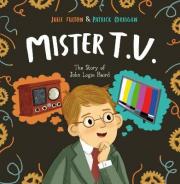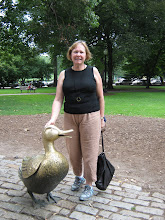In recognition of the increasing impact television has on decision-making by bringing world attention to conflicts and threats to peace and security and its potential role in sharpening the focus on other major issues, including economic and social issues, the United Nations General Assembly proclaimed 21st November as World Television Day.
World Television Day is not so much a celebration of the tool, but rather the philosophy which it represents. Television represents a symbol for communication and globalisation in the contemporary world.
Because of the increasing impact television has on the process of decision-making, television was acknowledged as a major tool in informing, channelling and affecting public opinion. Its impact and presence and its influence on world politics could not be denied.
The theme this year is: Recognising the impact television has had on decision-making by bringing world attention to conflicts, threats, peace and security.
For those of us who grew up in western countries, the television is almost taken for granted; it has always been there in the corner of the front room, entertaining us or satisfying our need to learn something new. The television, invented by an assortment of individuals in the late 19th and early 20th century, but often attributed to John Logie Baird, has revolutionised the world. Now televisions are computers and we can watch anything at anytime. My parents talked about 'too much television', but parents today are more likely to say 'too much screen time'.
How could we celebrate this day? We could watch television! Start by watching this short film which summarises the evolution of television and demonstrates the rapid development of technology. The webpage outlines the major milestones.
Evolution of Television 1920-2020
Then as this blog is about using books and reading with everything, look for some of these:
• Mr T.V. by Julie Fulton and Patrick Corrigan
• John Logie Baird by Nicola Baxter
• The Boy Who Invented TV: The story of Philo Farnsworth by Kathleen Krull and Greg Couch
• Who Invented Television? Philo Farnsworth by Mary Kay Carson
• The Invention of the Television by Lucy Beevor
• What Did We Do? Before Television by Lisa J. Amstutz
Then of course you need some stories:
• Mouse TV by Matt Novak
• The Berenstain Bears and Too Much TV by Stan and Jan Berenstain
• SOS Television by Germano Zullo and Albertine
• Square Eyes by Craig Smith and Scott Tulloch
• When the TV Broke by Harriet Ziefert and Mavis Smith
• Arthur's TV Trouble by Marc Brown
• Mama Rex and T Turn Off the TV by Rachel Vail and Steve Bjorkman









No comments:
Post a Comment